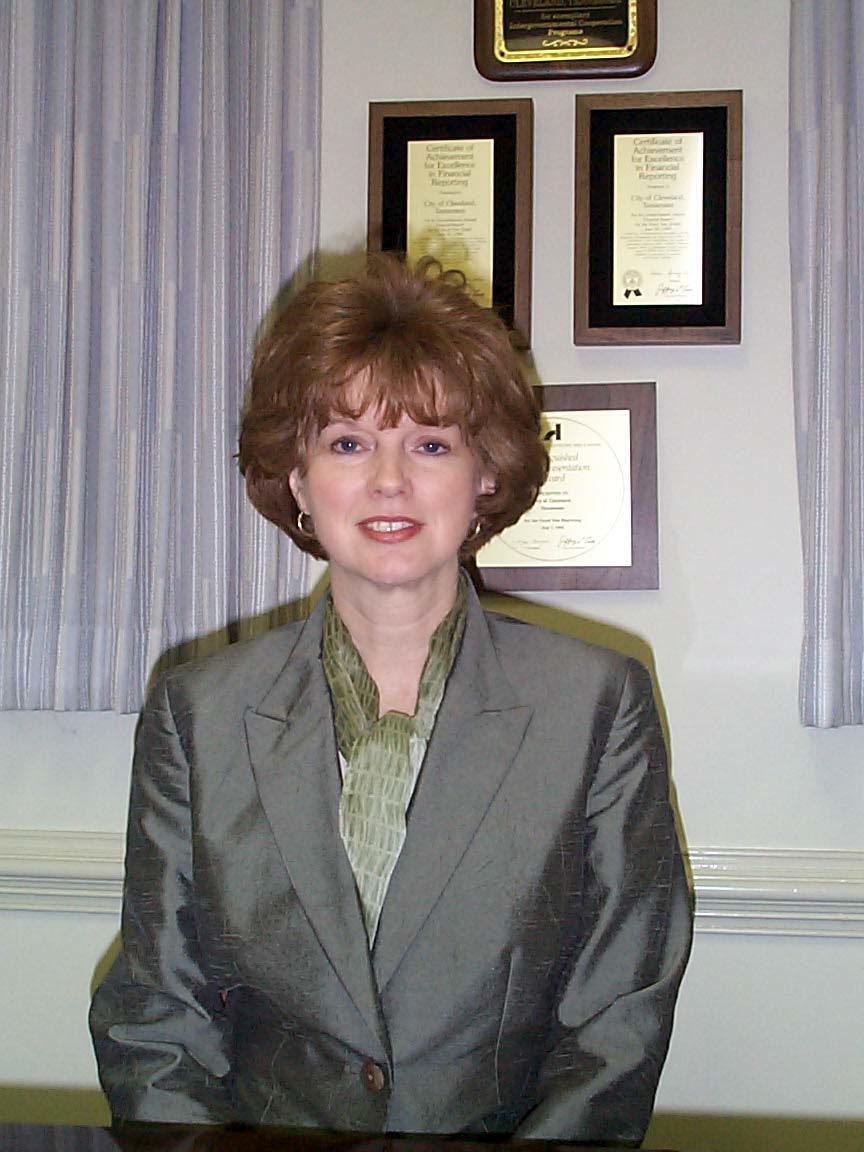CLEVELAND, Tenn. - Cleveland has taken the first steps to establish a federally funded construction training program for 60 at-risk youth.
On Monday, the Cleveland City Council gave approval for the city to seek a $1 million YouthBuild grant, an alternative education initiative of the Employment and Training Administration of the U.S. Department of Labor.
As part of the deal, the Southeast Tennessee Development District will kick in $250,000 as part of the required match for the federal dollars.
The program seeks to empower disadvantaged young adults with necessary education and employment skills and encourage them to seek post-secondary education and training, according to a Department of Labor fact sheet regarding YouthBuild.
"The young folks who go through this program will receive their GED certificate as well as receiving a certificate in building construction that is nationally recognized," said City Manager Janice Casteel.
YouthBuild will enroll 30 students each year over a two-year period, said Teresa Torbett, grant manager for Cleveland.
YouthBuild participants receive cash incentives for achieving GED benchmarks and hourly wages for home construction; they will build two single-family dwellings for low-income housing and engage in other community services, said Casteel.
In return for the YouthBuild grant, the city will supply two classrooms for the program at the College Hill Recreation Center.
In other business, city leaders also reviewed the costs of unfreezing a number of police officer positions. In a prior meeting, Cleveland Police Chief Wes Snyder said that his department's greatest need was for more personnel.
The first year cost of a new police officer amounts to $105,000, said Capt. David Bishop of the Cleveland Police Department. The expenses include the price of a new computer-equipped patrol car in addition to a $33,000 salary and $24,000 in benefits.
Some money could be saved by doubling up officers in one patrol car, suggested City Councilmen George Poe and Richard Banks.
Pairing new and experienced officers together also offered the advantage of providing instant backup for dangerous situations, officials agreed.
The Cleveland Police Department employs 84 sworn-in officers, said Snyder - as many as it employed in 1999. The department had as many as 92 officers in 2006, but several positions have been frozen in recent years.
Regarding the staffing shortfall, Councilman David May said that the Cleveland Police Department was only doing what the City Council asked it to do.
Cleveland Mayor Tom Rowland said he would like to see the department get back to providing a 24-hour presence at the Cleveland Police Station.
The biggest challenges that have to be addressed first, said Casteel, is the $911,000 "hole" created when the county elected not to renew its contract with the city for fire protection services in fringe areas bordering city limits; the other is ensuring that debt service obligations are funded.
"Those two things have to be funded, and then we've got all kinds of things we can look at," said Casteel.

